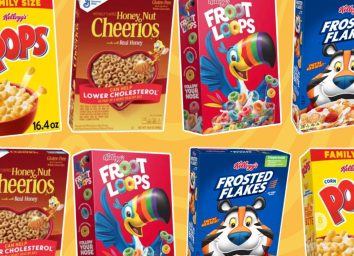The Scary Truth About Your Child's Diet, Says New Study
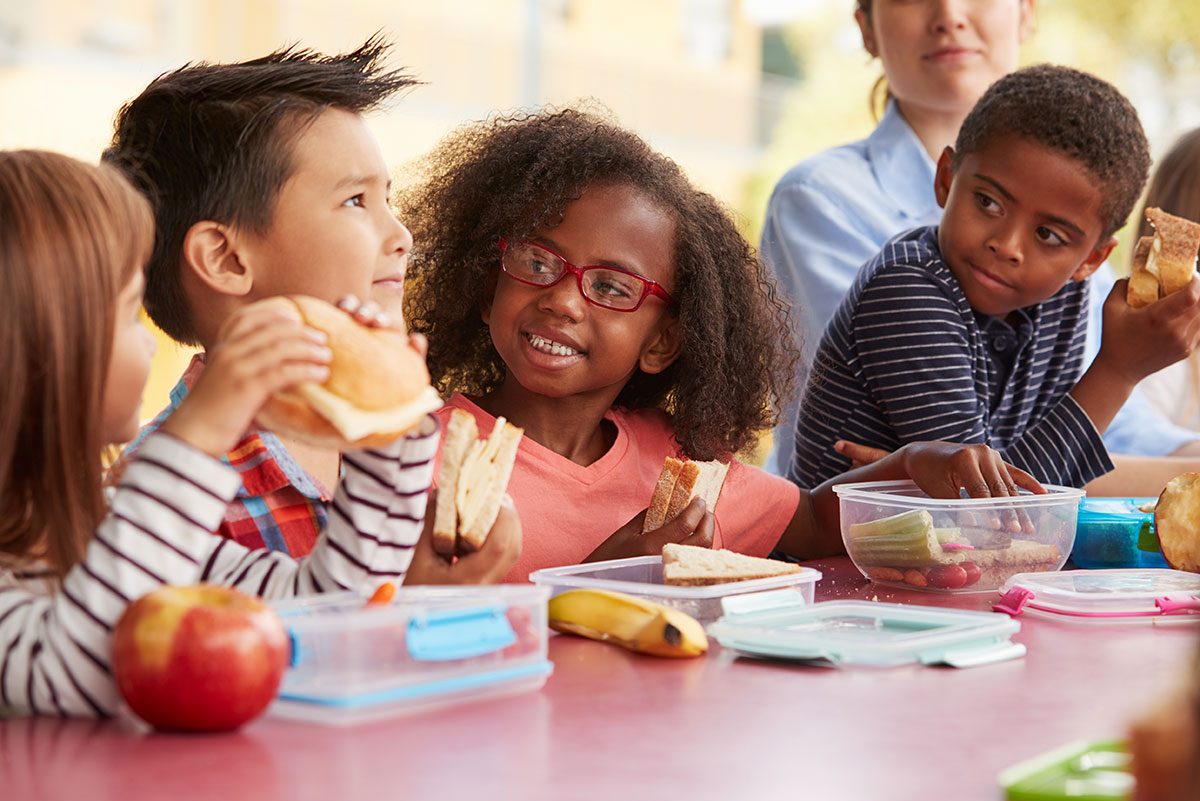
It probably won't surprise you to learn that children are eating a lot of processed foods. After all, when you think back to your own childhood, odds are you ate plenty of candy and chips, and there may have been some fast food stops from time to time.
Turns out, however, that today kids are eating even more ultra-processed foods than previous generations. New research finds that, in the last couple of decades, the amount has skyrocketed. Now, two-thirds of kids' and teens' calories are coming from ultra-processed foods.
The study, published in JAMA, looked at the energy children and adolescents between the ages 2-19 were getting from food between the years 1999 and 2018. The data came from over 33,000 participants' responses to the National Health and Nutrition Examination Survey (NHANES).
At the start of the study, 61% of calories consumed by youths were sourced from ultra-processed foods (think cookies, candy, fast food burgers, etc.). By 2018, that figure increased to 67%. Research has shown that eating too many of these foods can increase your risk of a number of chronic diseases, like heart disease, and ultimately take years off of your life.
"As a pediatrician, this is troubling as I think about the long-term health of our nation's children," Natasha Burgert, MD, a board-certified pediatrician, and nationally recognized child health expert says to Eat This, Not That! "Access to nutritious foods, and educating children and families about the importance of limiting ultra-processed foods, should begin in infancy and continue through the teen years."
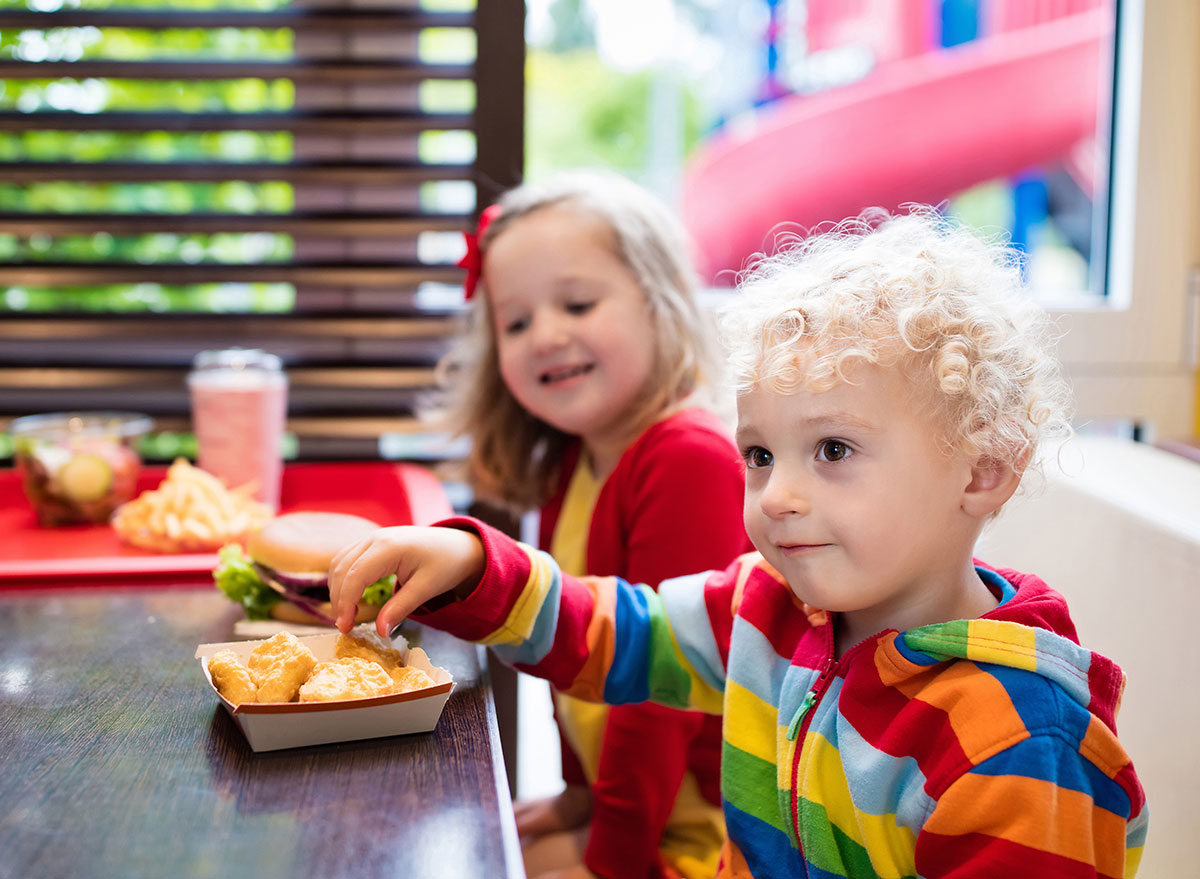
You can feed your children whole, nutritious foods at home and talk to them about how these options can help them feel good, but it doesn't have to end there. Another way to make a difference in your child's dietary habits is to try getting involved in your local community. For instance, you could advocate for changes in your child's school lunchroom.
"This evidence should strengthen our resolve to increase nutrient-rich foods in early childhood programs and public schools, and limit access to ultra-processed foods in places kids work and play," says Burgert.
She added that teachers and health care providers should get involved in encouraging smart food choices, as well as promoting healthy behaviors, like getting adequate sleep and exercising often, that could fight against the negative impacts of eating ultra-processed foods.
In the interim, try swapping out ultra-processed foods for these healthy options.
Organic Valley Mozzarella Stringles
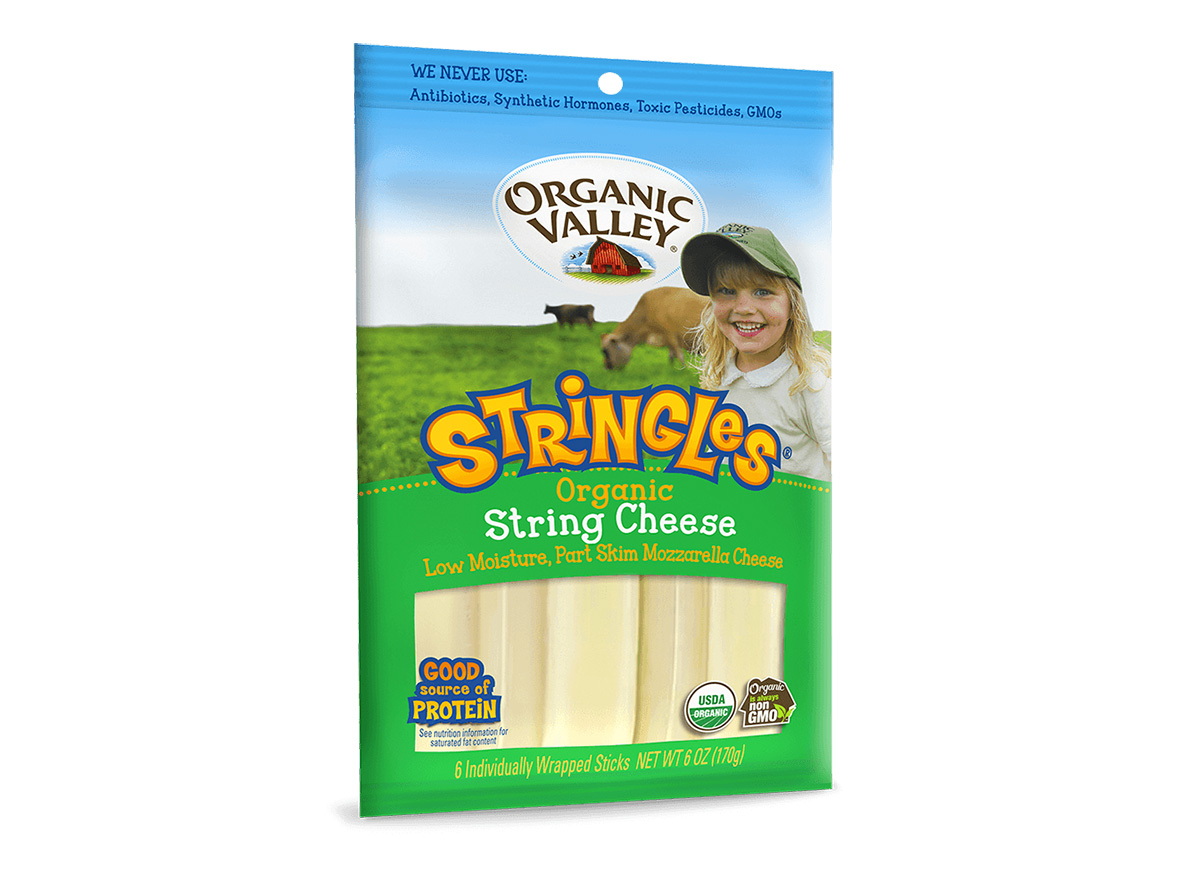
"In my practice, we talk about easy to make, nutrient-dense foods for busy families," said Burgert. "Things like whole fruit, hard-boiled eggs, cheese or yogurt snacks, and nuts are minimally processed and nutrient-rich."
With 7 grams of protein per serving and plenty of calcium, these cheese sticks are a great alternative to snacks full of refined carbs.
Planter's Raw Mixed Nuts
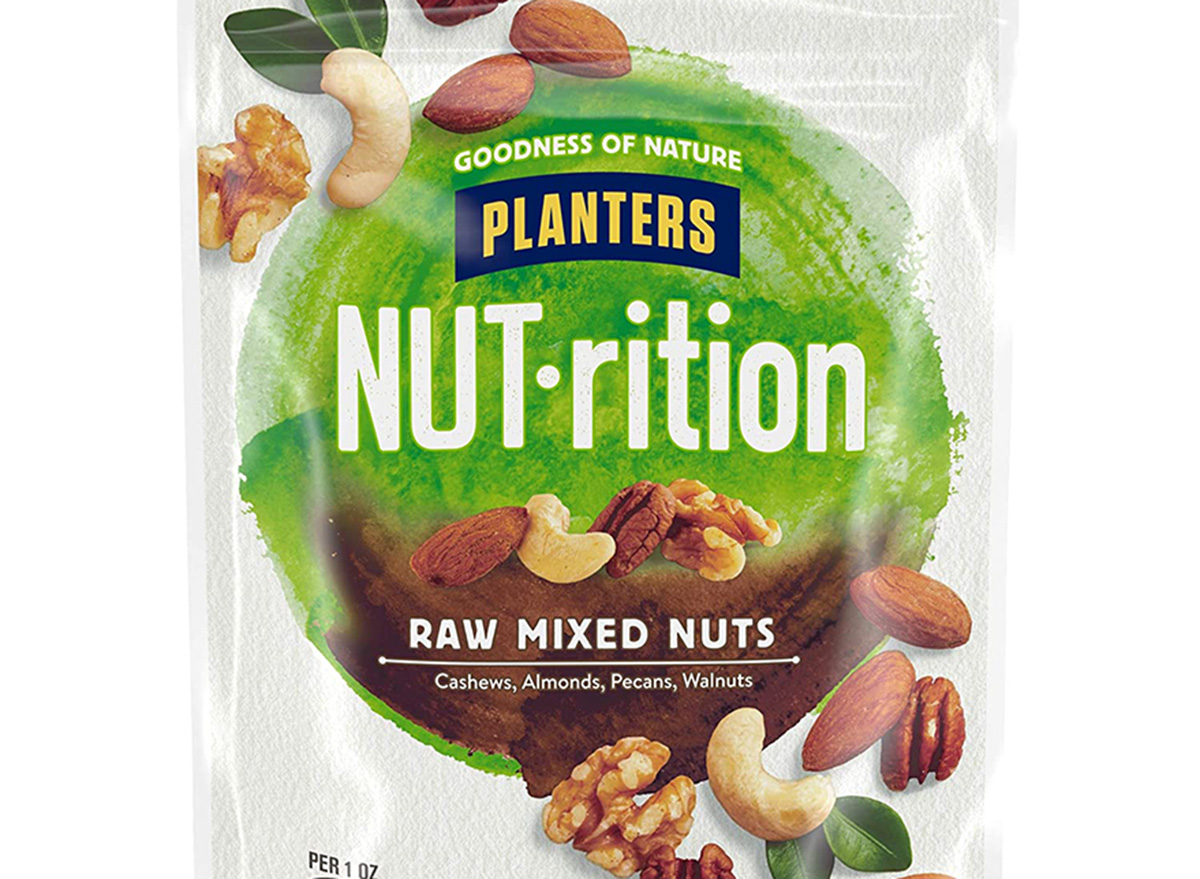
If you need to pick up a snack for your kids on the go, nuts (like these!) can be a great pre-packaged option that you can grab at the corner store, as they're full of healthy fats and proteins.
Don't miss This Food Is Becoming a Bigger Allergy Threat Than Nuts, Data Says.
Smucker's Organic Creamy Natural Peanut Butter
r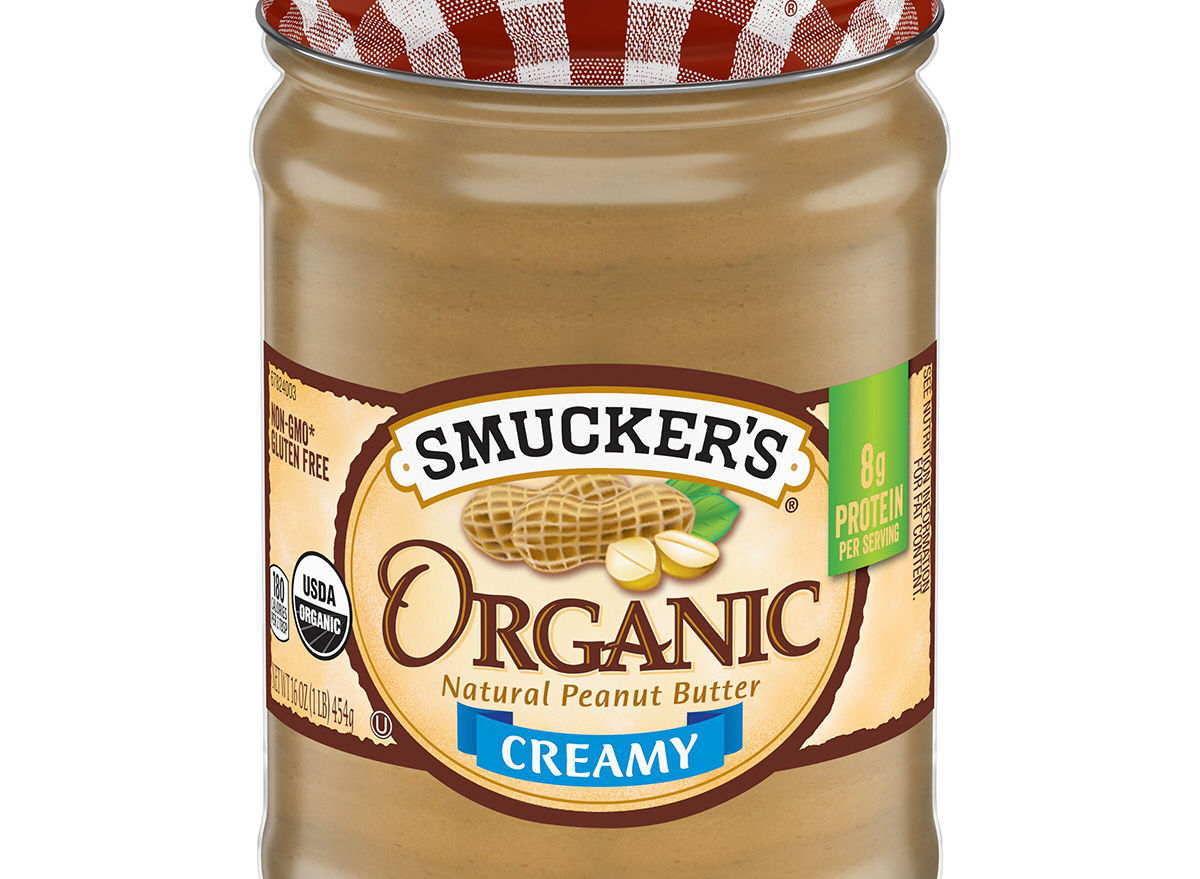
"Using dips, like nut butters or hummus, can make raw veggies more interesting and calorie-dense," explained Burgert. Some nut butter options, like almond or cashew, can get pretty expensive. If cost is an issue, peanut butter is always a solid choice.
Dave's Killer Bread 21 Whole Grains and Seeds
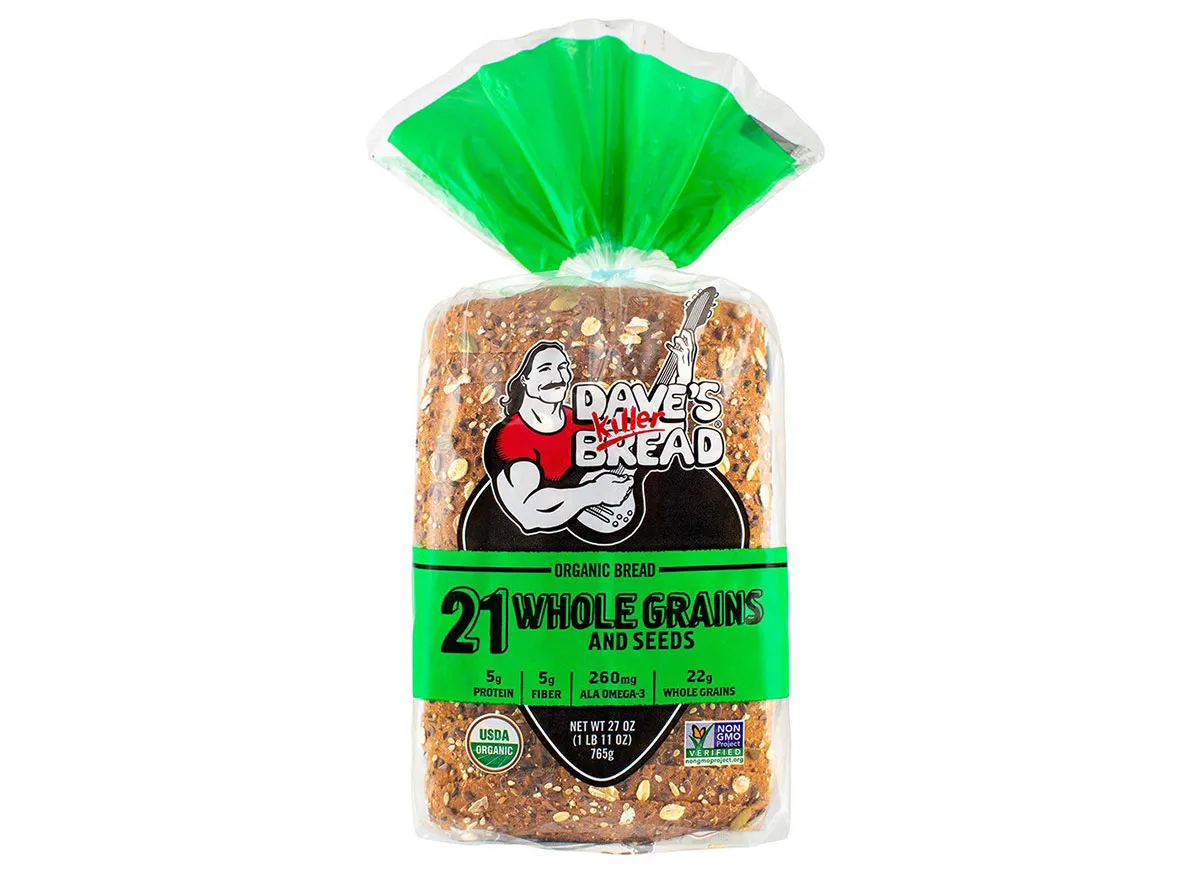
Instead of noshing on refined carbohydrates at lunchtime (looking at you white bread), try making a sandwich on a natural, whole-grain bread with some fiber to keep your kid feeling full, like Dave's Killer Bread.
Nixie Lime Ginger Sparkling Water
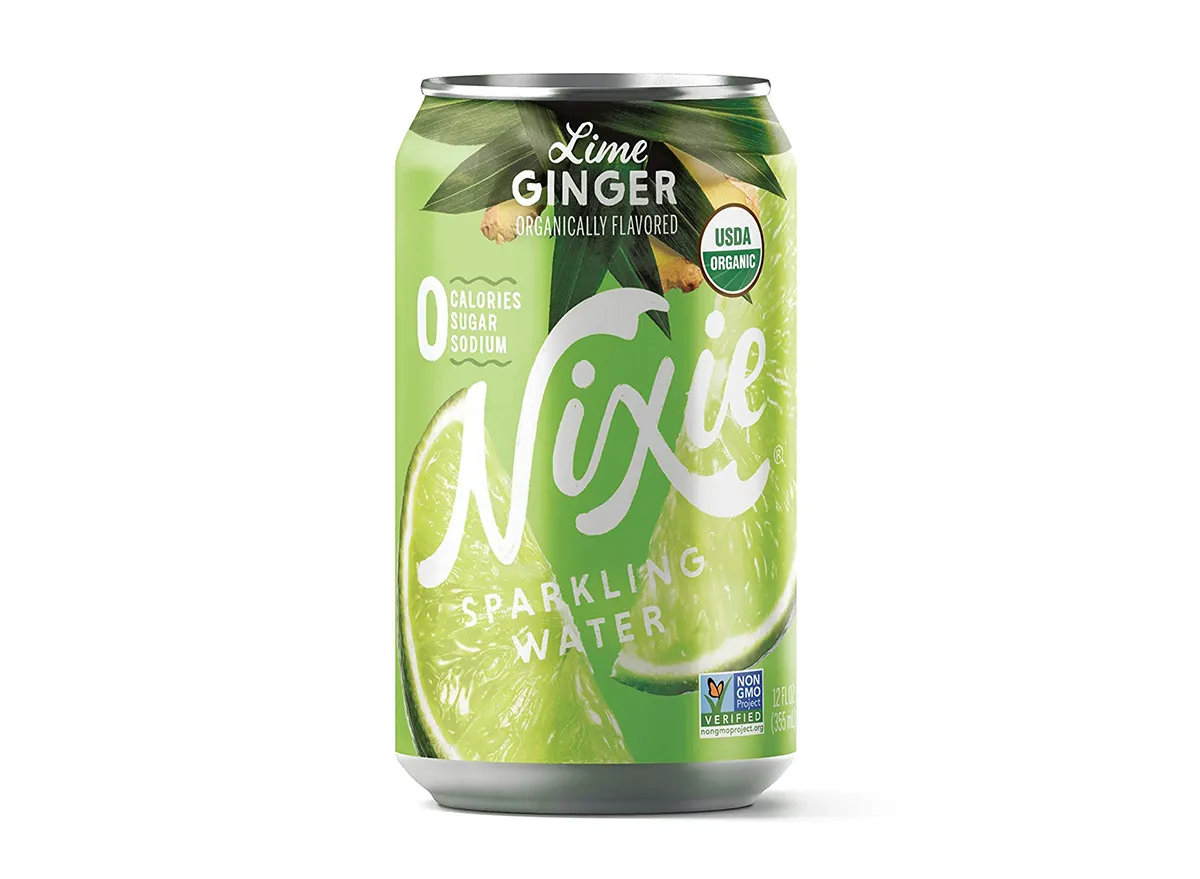
Looking for a healthy beverage to go with that snack or lunch? Burgert says, "purchasing flavored sparkling waters rather than soda pop is a wise choice."
For more, be sure to sign up for our newsletter!
